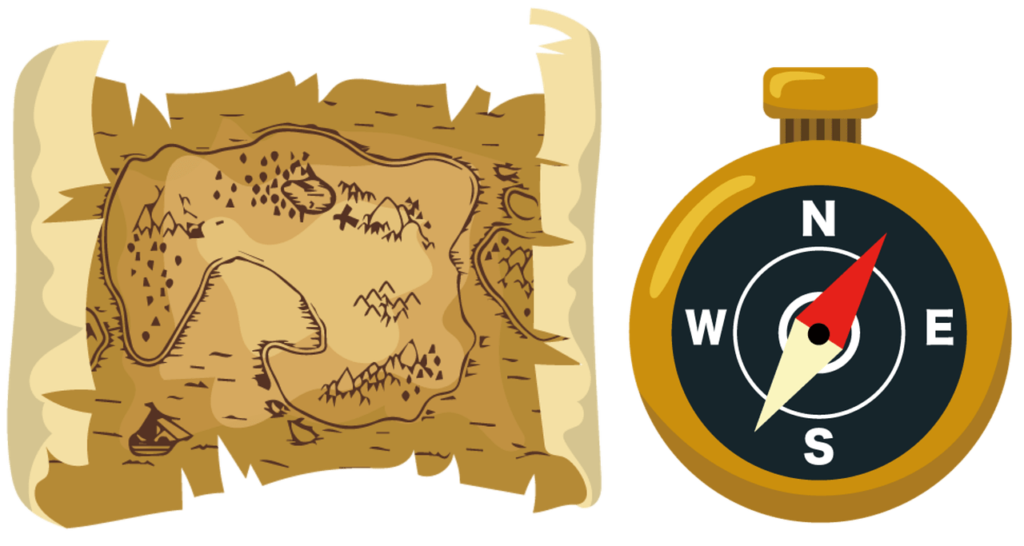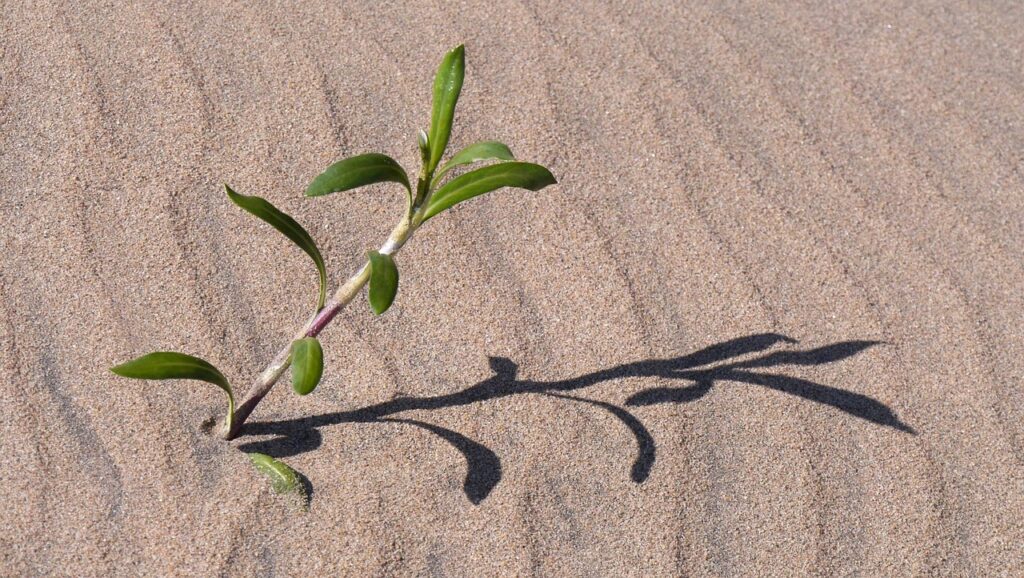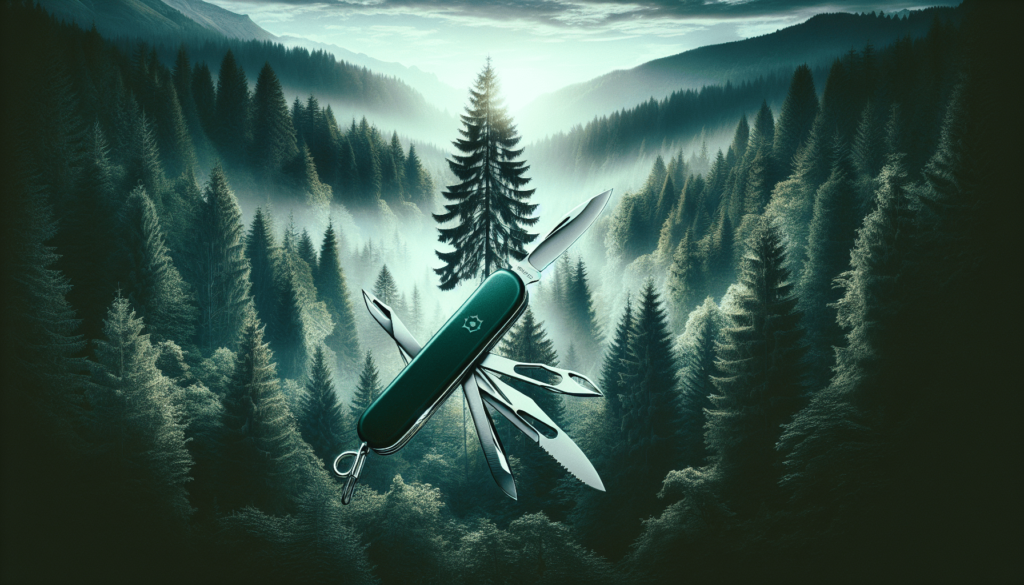In today’s unpredictable world, it’s important to be prepared for any situation that may arise. From natural disasters to unexpected emergencies, having basic survival skills can make all the difference. In this article, we will explore some key survival skills that everyone should know in order to be better equipped to handle unexpected challenges. So, let’s dive in and learn how to be prepared for whatever comes your way!
Introduction
Have you ever wondered what you would do if you found yourself in a survival situation? Knowing basic survival skills can be the difference between life and death. In this article, we will discuss the key survival skills that everyone should know. Whether you are an outdoor enthusiast, an avid hiker, or just want to be prepared for any emergency, these skills are essential for your safety and well-being.
Shelter Building
One of the most important survival skills is the ability to build a shelter. Whether you are stranded in the wilderness or facing a natural disaster, having a shelter will protect you from the elements and keep you safe. You can construct a shelter using natural materials such as branches, leaves, and mud. Knowing how to build different types of shelters, such as lean-tos, debris huts, and A-frame shelters, will ensure that you have a place to stay warm and dry.

Finding Water
Water is essential for survival, and knowing how to find and purify water is crucial. In a survival situation, you may not have access to clean drinking water, so you must be able to source and treat water from natural sources. Look for water in streams, rivers, lakes, and ponds, but remember to purify it before drinking to avoid waterborne illnesses. Boiling, using water purification tablets, or filtering water through a cloth are effective methods of water purification.
Fire Starting
Fire is not just for keeping warm and cooking food; it can also be a lifesaver in a survival situation. Knowing how to start a fire using various methods such as friction-based fire starting, using a fire starter, or even a magnifying glass can mean the difference between hypothermia and staying warm. Make sure to practice fire starting techniques before you are in an emergency situation, as starting a fire can be challenging without the proper skills.

Foraging for Food
In a survival situation, finding food may be difficult, but knowing how to forage for edible plants and insects can keep you nourished until help arrives. Learn to identify edible plants in your area, such as dandelions, cattails, and wild berries, and avoid poisonous plants at all costs. Insects such as crickets, grasshoppers, and mealworms are good sources of protein and can be a valuable food source in an emergency. Foraging for food requires knowledge of plants and insects, so make sure to educate yourself before attempting to eat anything you find in the wild.
Navigation
Being able to navigate your surroundings is essential for survival. If you are lost in the wilderness or trying to find your way back to civilization, knowing how to read a map and use a compass can be life-saving skills. Familiarize yourself with map reading, orienteering, and using a compass to find your way. In addition, learning basic navigation skills such as tracking the sun, stars, or using landmarks can help you find your way back to safety.

First Aid
Accidents and injuries can happen anytime, anywhere, so knowing basic first aid skills is crucial for survival. Learn how to treat wounds, burns, sprains, and fractures, as well as how to perform CPR and use a tourniquet. Having a first aid kit with essential supplies such as bandages, antiseptic wipes, and pain relievers is also important in any survival situation. Take a first aid course to learn how to respond to medical emergencies and be prepared to handle injuries in a crisis.
Signaling for Help
If you find yourself lost or in a dangerous situation, being able to signal for help can increase your chances of being rescued. Carry signaling devices such as a whistle, mirror, or flare in your survival kit to attract attention. Creating signals using rocks, branches, or other materials to spell out SOS can also alert rescuers to your location. Be prepared to signal for help in a variety of ways, both during the day and at night, to maximize your chances of being found.

Mental Preparedness
Survival is not just about physical skills; mental preparedness is equally important. Stay calm, positive, and focused in a survival situation to make rational decisions and overcome challenges. Practice mindfulness, meditation, and stress management techniques to stay mentally strong in stressful situations. Remember that having a positive attitude and believing in your ability to survive can make all the difference in a life or death scenario.
Conclusion
In conclusion, knowing the key survival skills can mean the difference between life and death in an emergency situation. Whether you are an outdoor enthusiast, a backpacker, or just want to be prepared for any emergency, learning these essential skills is crucial for your safety and well-being. From building a shelter and finding water to starting a fire and foraging for food, being prepared for any situation can save your life. Remember to practice these skills regularly and be prepared for any eventuality. Stay safe, stay prepared, and stay alive.
